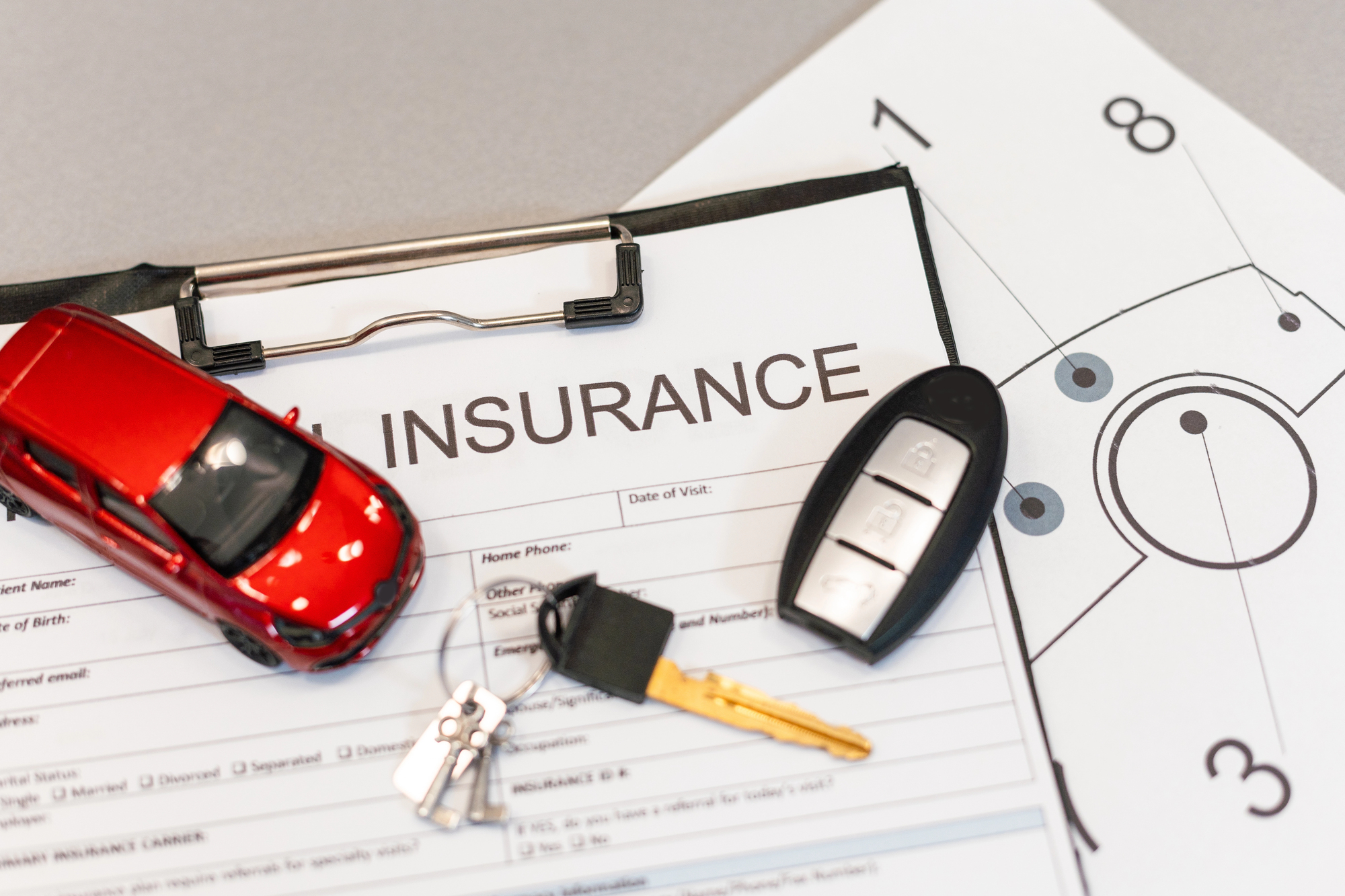Am I Personally Liable If I’m in a Rental Car Accident in Florida?
Understanding Rental Car Accident Liability in Florida
If you’ve been in an accident while driving a rental car in Florida and the other driver claims it was your fault, you’re probably asking yourself:
Will I have to pay out of pocket? Will the rental company’s insurance handle it? Can I still be sued?
Florida’s Financial Responsibility Law sets minimum coverage requirements for rental car companies, and that coverage often pays the injured party first. But that doesn’t guarantee you won’t face personal liability, especially if the damages are more than the policy limits or if the rental company’s insurer decides to pursue a subrogation claim against you.
At Florida Civil Counsel, P.A., based in Orlando and representing clients across the state — from Miami to Tampa to Jacksonville — we regularly defend drivers in exactly this position.
How Florida’s Financial Responsibility Laws Apply to Rental Cars
Under the Florida Financial Responsibility Law, rental car companies must carry at least:
- $10,000 per person for bodily injury liability
- $20,000 per accident for bodily injury liability
- $10,000 for property damage liability
This coverage typically applies before your personal auto policy when you’re driving a rental car.
Example: If you rear-end another car in Orlando while in a rental vehicle, the rental company’s insurance will usually cover the injured party up to the statutory limits. But if their hospital bills, lost wages, and other damages exceed those limits, you could be personally sued for the difference.
How Rental Agreements Can Affect Liability
Many rental agreements include clauses that impact your liability, such as:
- Loss Damage Waiver (LDW): Often marketed as a “collision damage waiver,” this can limit or eliminate your responsibility for vehicle repairs — but it usually doesn’t cover injury claims from other people.
- Supplemental Liability Insurance (SLI): Optional extra coverage that may increase the liability limit, reducing your out-of-pocket risk.
- Indemnity Clauses: Some agreements say the renter must reimburse the company for any payments made on their behalf — a key reason subrogation claims happen.
We’ve seen drivers assume they were “fully covered” because they bought LDW at the counter, only to find themselves facing a demand letter months later for injuries to the other driver.
Why You Might Still Be Sued
Even if the rental company’s insurer pays the injured party, you may still be named as a defendant when:
- Damages exceed the policy limits
- The injured party alleges gross negligence or reckless driving
- There’s a dispute over who caused the accident
- Multiple parties are involved and blame is being divided
Our Florida personal injury defense attorneys handle these situations regularly, including when the driver is also facing parallel subrogation claims.
Understanding Subrogation Claims
A subrogation claim happens when an insurer pays the injured party and then seeks repayment from the person they believe was at fault — in this case, the rental car driver.
Key points about subrogation in Florida rental car accidents:
- You may get a demand letter before a lawsuit is filed
- The insurer can demand the full amount it paid, not just what’s over the policy limit
- You have the right to challenge both fault and the amount claimed
We explain these strategies in detail in our Florida subrogation defense guide.
Defense Strategies for Alleged-At-Fault Rental Car Drivers
Challenging Fault
We investigate the accident, review police reports, interview witnesses, and — if available — secure dashcam or traffic camera footage to show you were not entirely or solely responsible.
Reviewing Insurance Obligations
We examine the rental agreement and the rental company’s policies to determine whether more coverage applies than they initially acknowledge.
Negotiating Subrogation Claims
Even when liability is clear, we often negotiate reduced settlements based on comparative fault or disputed damages.
Protecting Personal Assets
If a lawsuit could lead to a judgment, we advise on protecting your assets, as covered in our article on what can be taken after a Florida car accident judgment.
How We Help Clients in These Situations
At Florida Civil Counsel, P.A., we take the stress off your shoulders by:
- Responding to lawsuits or pre-suit demands (read more)
- Coordinating with insurers and rental companies on your behalf
- Using proven defense strategies to reduce or eliminate your financial exposure
- Negotiating settlements that protect your long-term financial stability
Bottom Line
Being accused of causing a rental car accident in Florida is serious — even if the rental company’s insurance pays part of the damages, you could still face personal liability and subrogation claims. Florida’s Financial Responsibility Laws are designed to make sure injured parties get paid, but that system can also create new legal risks for you as the driver.
The sooner you involve an experienced Florida car accident defense attorney, the better your chances of limiting both the legal and financial fallout.






